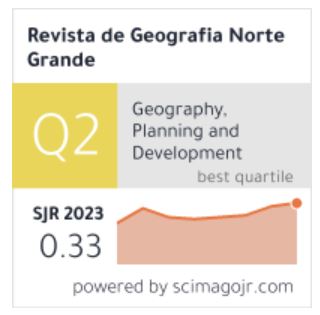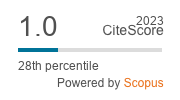Cuando la nación queda lejos: fronteras cotidianas en el paso Lago Verde (Aysén-Chile) - Aldea Las Pampas (Chubut-Argentina)
DOI:
https://doi.org/10.4067/S0718-34022017000100007Keywords:
border, everyday, nation, lived experienceAbstract
This paper looks to reflect on the colonialist processes through which the nation determines a sense of its border spaces and how, at the same time and in dialogue with this national narrative, the everyday world of these border zones develops in ways that are often very diff erent from what is projected by the nation. Through the case study of one border zone, that of Lake Verde-Las Pampas (Chile-Argentina), and the presence of a family that has occupied the entire border area from “before the nation”, we consider evidence of the experience of living, or in other words, the existential historicity of place or the structure of territorial experience that, in essence, restores and projects a reality marked by memory; by roots based on co-production or co-belonging between the subject and the landscape that is constructed at the same time as it is inhabited (i.e. the landscape as self-constructed).






